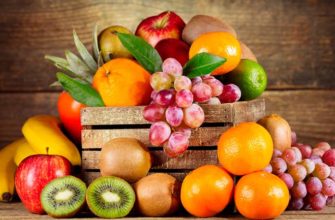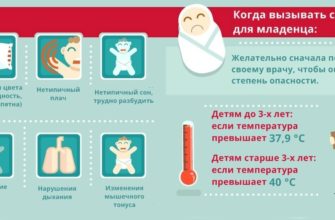Nothing spoils the life of a newborn baby and its parents so much as often bothering a baby. Bloating greatly torments the baby, preventing him from sleeping normally, eating and exploring the world. Together with him, parents are suffering, trying to find out the cause of increased gas formation. Previously, scientists believed that the colic of a child is directly related to the nutrition of a nursing mother. But is it really so? How do the products that my mother uses affect the processes of gas formation in the newborn?

Recent studies have shown that there is no relationship between the nutrition of a nursing mother and colic in a child. However, the opinions of scientists on this issue were divided. Rather, this is due to the individual intolerance of mom and baby. Indeed, in this case we are only talking about food preferences.
Nutritional advice for a nursing mother
In the process of research, British nutritionists found that the vast majority of people do not eat enough fiber that is beneficial to the body. For this reason, the country's national health service strongly recommends that all nursing mothers include as many fiber-rich foods in their diet as possible, while not forgetting to drink enough fluids. Increase the number of foods with fiber mothers should gradually, so as not to cause increased gas formation. Each woman should eat balanced and rational food, making her diet as complete as possible.
All newborns have increased gas formation and colic. Just some babies colic bother more than others. But to date, there is no direct evidence that there is a direct relationship between the nutrition of the mother and the colic of the child. Such a problem most often torments newborn children, because their digestive system is not yet mature enough. The older the baby becomes, the less he is worried about colic. When a child grows up, this question ceases to be relevant.
Cause of colic
Gases are formed when bacteria in the stomach begin to actively digest carbohydrates from food. Gas in the mother’s body accumulates in the intestines, so it does not enter breast milk. In the process of breastfeeding, the crumbs form their own gases, since its intestinal bacteria actively break down the sugar and starch that it received from mother's milk.
Lactation specialists and nutritionists are sure that the problem of colic in a child is associated not only with nutrition, but also with many other factors: for example, when during feeding a baby takes the chest wrong or greedy, thereby swallowing a lot of air. Severe crying or problems with bowel movements (frequent constipation) can also cause colic.
Therefore, modern nursing mothers do not need to exhaust themselves with strict diets and it is not at all necessary to refuse some foods - you just need to make your diet balanced. You can enter one new product per day (a small piece in the morning), and then during the day to monitor the baby’s reaction. If everything is in order, then this product can be eaten in large quantities. A varied diet of mother is useful for crumbs - mother's milk becomes more nutritious, moreover, breast milk conveys the tastes of products. So, through the mother’s breast, the baby is gradually accustomed to a wide variety of taste sensations.
READ ALSO:
- Colic in infants: symptoms and how to relieve a baby from pain
- Colic in a child: 10 common misconceptions
- Myths About Infantile Colic
- How to massage the tummy of a newborn baby with severe colic. Video
School of Dr. Komarovsky: Infant colic








